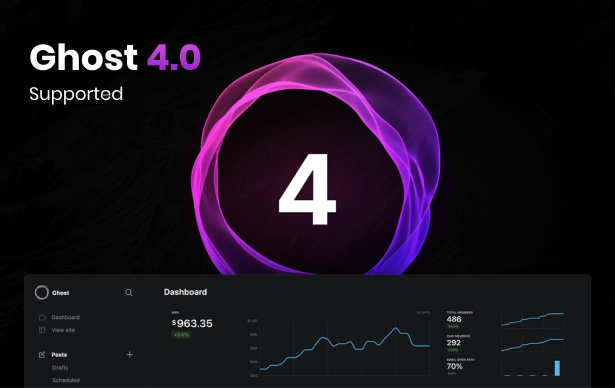
We’re moving into a time where move things are making the shift towards decentralization, and with this shift comes an entirely new ecosystem of people and economies of scale. As many of you know, I’ve been pretty excited about NFTs this year, and as the art world shifts onto the blockchain it’s clearly opening up some pretty incredible opportunities for both artists and collectors.
Of course, as an investor, my core focus over the last decade has been domain names, and I’m more bullish than I’ve ever been when it comes to domain names as a meaningful and long-lasting asset class. When it comes to domains, I’m a .COM guy. Yes, you’ll hear me talk about extensions like .IO and .CO, sometimes even the mention of .GG or .VC, but at my core, .COM is my jam and continues to be my investment focus.
At the same time, it’s been hard to ignore the growth of the decentralized domain space. From Handshake domains to Unstoppable domains, the idea of owning a domain name without regulation by a centralized authority like ICANN has captivated many, me included. Still, when I look at a lot of “decentralized” domains, I find they’re not really decentralized in the true sense of the word. Sure they might get there, but they aren’t right now.
This is what makes Impervious’ announcement of .forever domains so interesting this week. Like the title of this post says, they’ve raised the bar and released truly decentralized domains. Oh, and like most things they do, the UX behind it is just so damn clean, it’s a thing of beauty. So why forever domains? Here’s the scoop:
If you register a domain on a traditional ICANN TLD (e.g., .com, .org, etc.), you don’t actually own that domain. You’re renting it from a registrar, and if your lease expires, the domain will be taken away from you. This has happened to a number of companies over the years, including Microsoft (twice), the Dallas Cowboys, and Regions Bank. It continues to happen to countless other companies and individuals on a daily basis.
Even if you renew your lease, there are multiple organizations that have the ability to censor and take control over your domain. For example, if you register example.com, the following organizations control it and can censor it: ICANN, the .com registry (Verisign), and the registrar you used to register the domain (e.g., GoDaddy). Anyone working for these organizations with sufficient access can remove your control of the domain.
Unfortunately, this isn’t a hypothetical problem. It happens all the time. Services such as Sci-Hub are constantly changing domains because governing bodies seize and censor them. The FBI famously seized the top three largest poker domains. JotForm had its domain seized for three days in 2012. A hacker took control of all .io domains by registering the domain of a name server that the registry let expire.
There are also numerous examples of individuals losing access to domains for political reasons. Recently, 81,000 UK-owned .eu domains were suspended when the Brexit transition ended, and the Spanish government seized the .cat TLD registry and deleted domains promoting a referendum for Catalina to declare itself independent from Spain.
Finally, there are multiple services around domain names (e.g., escrow services, domain name marketplaces, etc.) in which you need to trust other organizations as middlemen. If any of these middlemen are compromised, you can easily lose control of your domains.
To address all of these problems, we created .forever domains. When you register a .forever domain, you are the only person that can control it, and the domain never expires, which means you never have to renew it. Also, since .forever domains are stored on a blockchain, they cannot be seized or censored, and you don’t have to trust or rely on middlemen. So you truly own your .forever domain, completely and forever. You can get [your family name].forever and pass it down from generation to generation.(Source – Medium.com)
Now why I think Impervious is really raising the bar when it comes to truly decentralized domains is best shown in a simple chart. This illustrates how they’re really doing something new and interesting here:

Oh, and just like your favorite NFTs, Forever domains can be found on OpenSea:

I was lucky enough to snag nft.forever – I’m pretty jazzed I was able to get this one. Of course it’s still incredibly early so lots of great domains are still available. As for my take as a domain investor, don’t expect me to suddenly shift from .COM to .forever, that’s not happening, I’m still a .COM guy. But, I do think when it comes to getting some real exposure in decentralized domains, .forever feels like a good bet to place.
Disclaimer: The above references an opinion and is for information purposes only. It is not intended to be investment advice. Seek a duly licensed professional for investment advice. I am an investor in Impervious and like I said above, am also investing in .forever domains myself.




